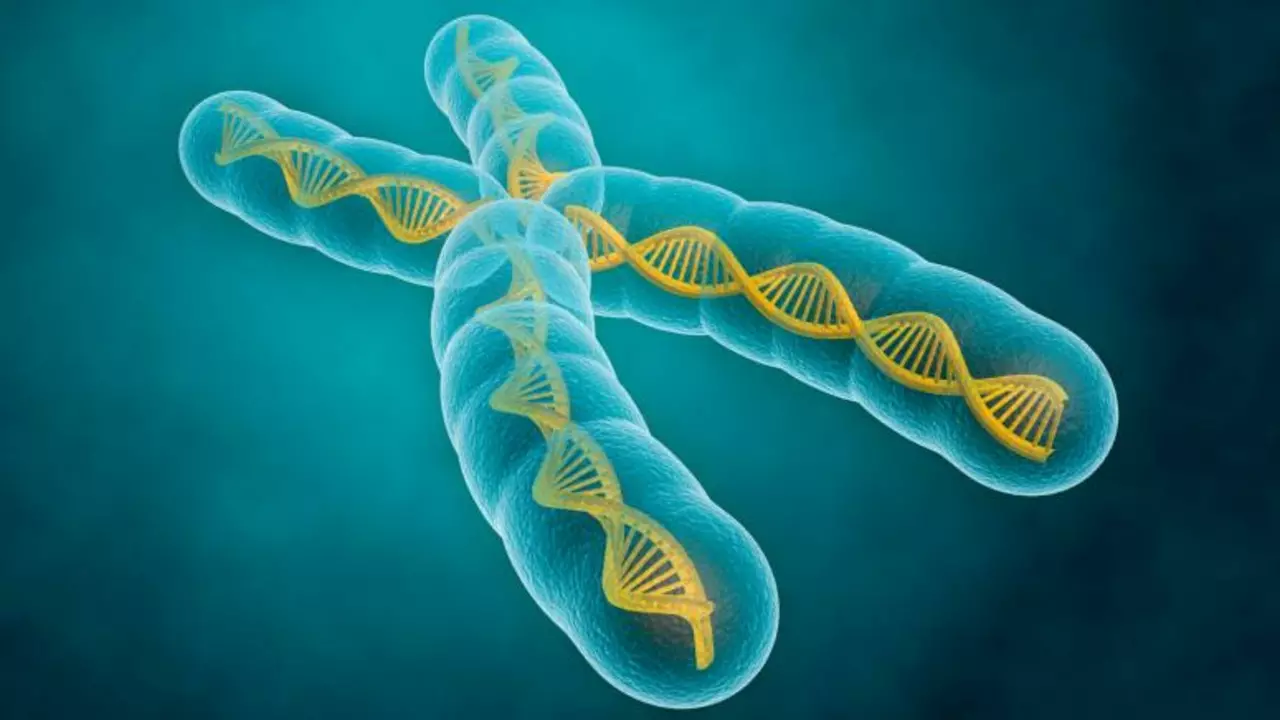Genetics – How Your Genes Shape Medication & Health
If you’ve ever wondered why a drug works for one person but not another, the answer often lies in genetics. On this tag page we gather easy‑to‑read pieces that explain how your DNA can affect everything from pain relief to mental health meds. No jargon, just plain facts you can use right now.
Why Genetics Matters in Medication
Genes act like tiny instruction manuals for your body. When a medication enters your system, those instructions decide how fast it’s broken down, where it goes, and whether side effects pop up. For example, people with certain CYP450 gene variants may need lower doses of antidepressants to avoid dizziness. Knowing this helps doctors pick the right dose faster, which means fewer trips back to the clinic.
Another practical tip: if you’re starting a new prescription, ask your pharmacist about genetic testing options. Some labs offer quick saliva tests that reveal common variants linked to drug response. The result isn’t a diagnosis, but it gives your doctor a clearer picture for personalized treatment.
Explore Our Top Genetics Articles
We’ve curated a handful of articles that dive into real‑world scenarios you might face:
- Risperdal and genetics: Learn how specific gene markers can signal higher risk for side effects.
- Ciprofloxacin alternatives: See why genetic resistance matters when choosing antibiotics.
- Oxybutynin & dementia link: Understand the genetic factors that could increase brain vulnerability.
- Metoprolol alternatives 2025: Compare blood‑pressure drugs based on how they interact with common heart‑gene profiles.
Each piece breaks down complex science into short, actionable steps. You’ll find dosage tips, warning signs to watch for, and questions to ask your health provider.
Beyond medication, genetics also touches diet and lifestyle. One of our guides explains how certain nutrient‑gene interactions can help manage conditions like type 2 diabetes. It’s not a miracle cure, but it adds another tool to your wellness toolbox.
Want to stay ahead? Bookmark this tag and check back whenever new research drops. The field moves fast—what’s cutting‑edge today could be standard care tomorrow. Our goal is to keep the information clear so you can make smarter health choices without feeling lost in scientific jargon.
Got a personal story or question about how genetics has affected your treatment? Drop a comment on any article. Sharing real experiences helps others see the practical side of personalized medicine and builds a community that learns together.

The Role of Genetics in Chloasma: Are You at Risk?
As a blogger, I've recently been researching the role of genetics in chloasma, a skin condition that causes dark, discolored patches on the face. It turns out that our genes do play a significant role in determining our risk for developing this condition. Studies have shown a strong link between family history and an increased likelihood of chloasma, especially among women. While factors like sun exposure and hormonal changes can also contribute, understanding our genetic predisposition can help us take preventive measures. So, if chloasma runs in your family, it might be a good idea to take extra care of your skin and consult a dermatologist for personalized advice.
Detail



